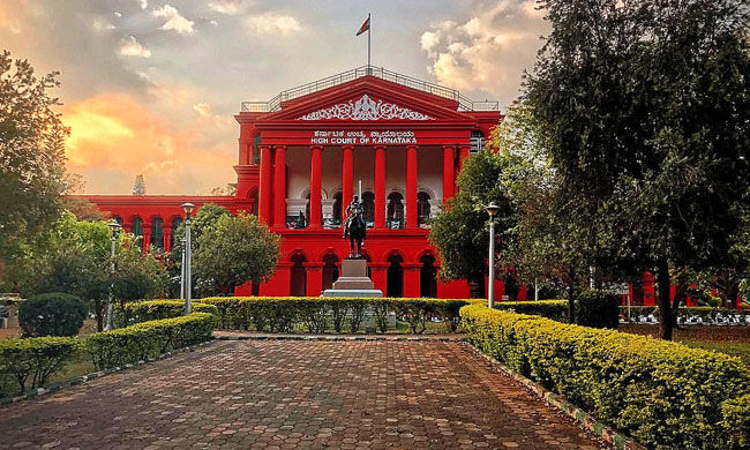Quasi Judicial Powers Can't Be Delegated; One Who Decides Must Hear : Karnataka High Court
Mustafa Plumber
9 Aug 2021 9:38 PM IST

Quasi-judicial powers cannot be bartered away contrary to duties and obligations imposed upon the Commissioner in terms of the statute.
Next Story


